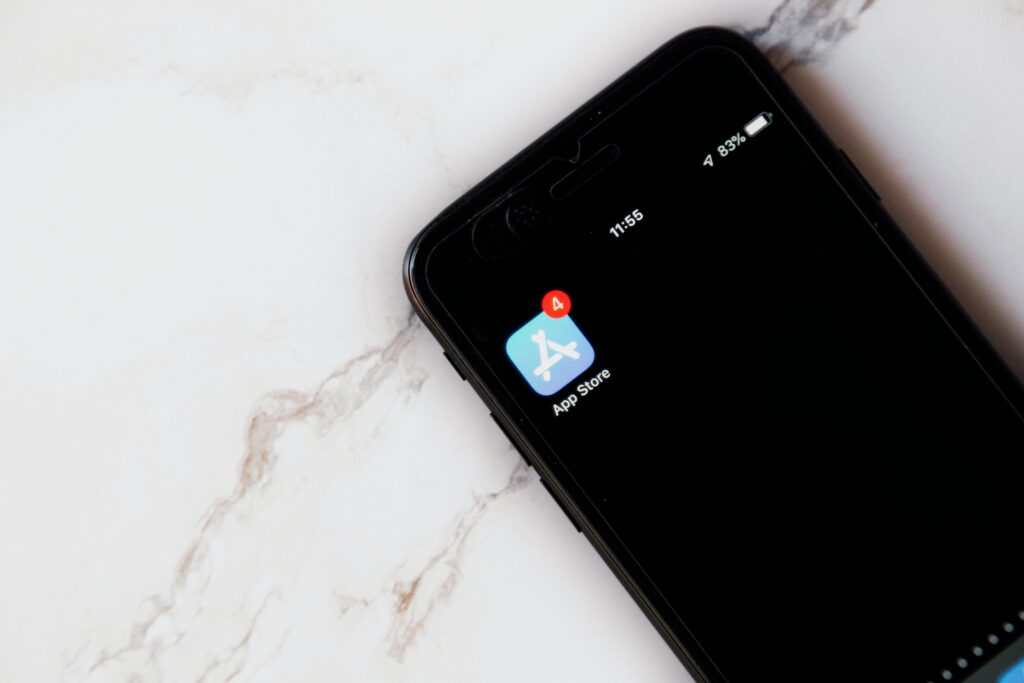Ever wondered how technology keeps sneaking into smaller and smaller devices? Remember the clunky watch calculators from the 80s? Yeah, those mini number-crunchers are staging a comeback—but this time, they’re sleeker, smarter, and surprisingly practical. In this tech blog, we’ll dive deep into why watch calculators are turning heads again in the wearable tech world. You’ll learn about their history, modern updates, tips for choosing one, and even some hilarious hiccups along the way.
Table of Contents
- Why Watch Calculators Matter Today
- How to Pick the Perfect Watch Calculator
- Best Practices for Using Watch Calculators
- Real-World Examples: Success Stories
- Frequently Asked Questions About Watch Calculators
Key Takeaways
- Watch calculators blend nostalgia with cutting-edge functionality in wearable tech.
- Choosing the right device depends on features like battery life, water resistance, and compatibility.
- Avoid gimmicky models that prioritize design over usability.
- Success stories show how professionals use them effectively in niche industries.
Why Watch Calculators Matter Today
Let me tell you something embarrassing. A few years ago, I was at an industry networking event trying to calculate expenses on my phone when it died mid-tap. It felt like showing up to a business meeting wearing pajamas—awkward AF. If only I’d had a watch calculator!
Fast forward to now, and wearable tech has exploded. Smartwatches dominate headlines, but there’s a hidden gem most people overlook: watch calculators. These gadgets aren’t just retro cool—they solve real problems. Need quick math while working on construction sites or managing finances during travel? They’ve got your back without needing Wi-Fi or cellular data.

How to Pick the Perfect Watch Calculator
Optimist You: “This will be easy! Just buy any fancy-looking model.”
Grumpy You: “Ugh, fine—but only if caffeine and sanity come bundled together.”
Here’s a more… sober guide:
Step 1: Identify Your Use Case
Are you a student needing basic arithmetic tools or a financial analyst requiring advanced calculations?
Step 2: Prioritize Battery Life
Nobody wants to recharge every other hour. Look for solar-powered options or long-lasting lithium batteries.
Step 3: Check Compatibility
Does the watch sync with apps or software you already use? Integration is key.

Best Practices for Using Watch Calculators
Here’s the deal:
- Use voice memos to record results instead of scribbling notes.
- Keep backup batteries handy—Murphy’s Law loves failing tech.
- Customize settings to optimize speed and accuracy.
(Oh, and don’t waste money on flashy models marketed solely as status symbols. Those scream “inefficient spend.”)
Real-World Examples: Success Stories
Teddy, an architect from New York, swears by his Casio DBC-611G because it handles angles, square footage, and percentages faster than Excel does. Meanwhile, Sarah, a teacher in rural Texas, uses her solar-powered Citizen CX59 to track grading averages without lugging around tablets.
Numbers sound like success? Whirrrr-click-clack.

Frequently Asked Questions About Watch Calculators
Q: Do watch calculators work offline?
Absolutely! That’s part of their charm. No signal required.
Q: Can I connect them to smart home systems?
Probably not unless Elon Musk invents that feature tomorrow morning.
Q: Will wearing one make me look nerdy?
Nah. Think George Clooney rocking geek chic—not Steve Urkel.
Conclusion
To recap, watch calculators combine timeless utility with modern ingenuity. From choosing the best fit to deploying them efficiently, these wearables deserve a spot in our tech arsenal. So next time someone asks what gadget you can’t live without, channel your inner James Bond—or maybe Data from Star Trek—and mention your trusty watch calculator.
Haiku drop:
Numbers on my wrist,
No WiFi needed here—boom.
Tech love never dies.


